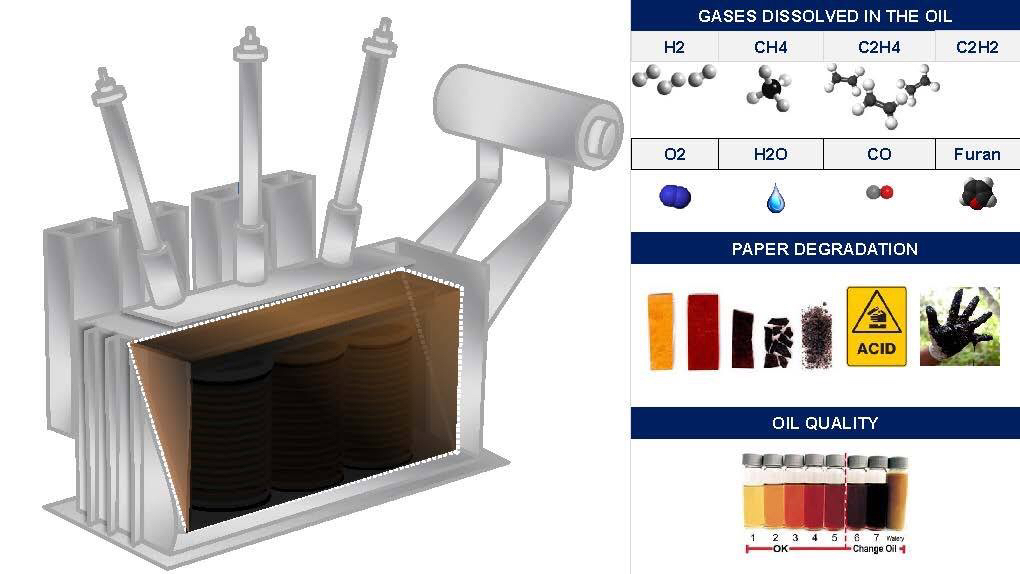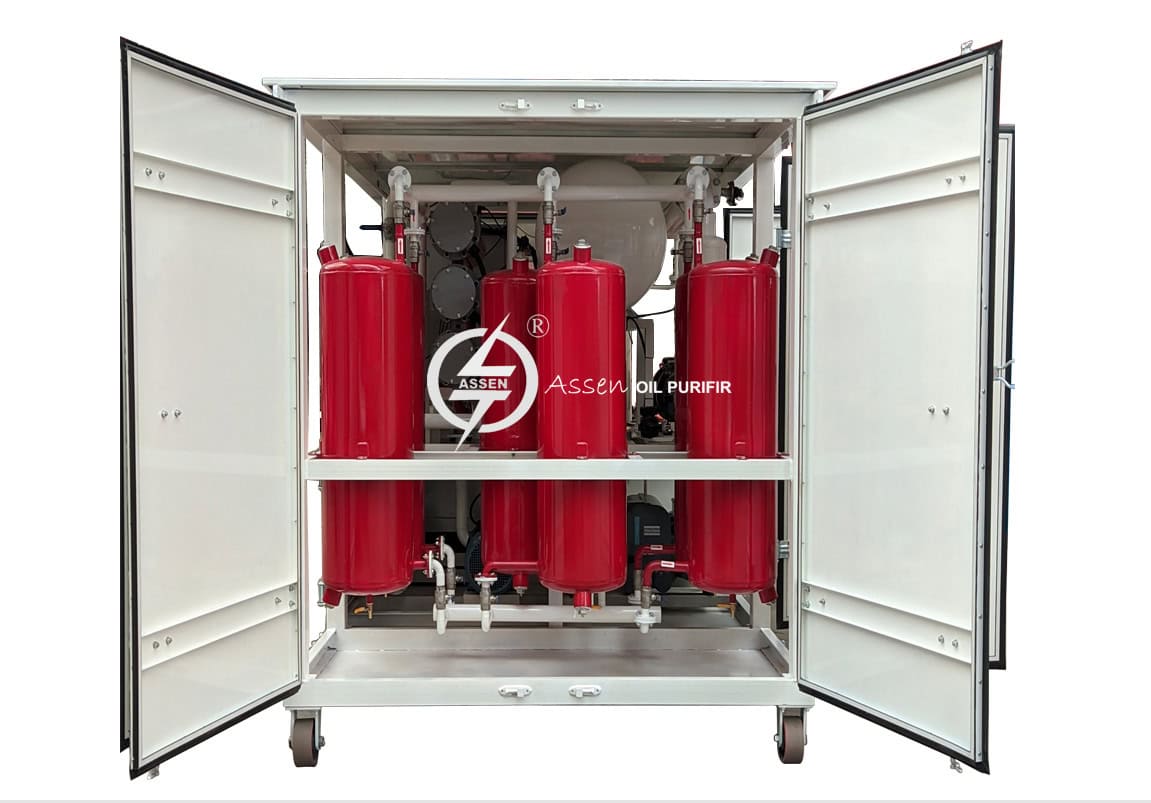Trick Steps in the Regenerated Transformer Oil Treatment Process
Trick Steps in the Regenerated Transformer Oil Treatment Process
Blog Article
Why Regenerated Transformer Oil Is Necessary for Reliable Power Equipments
The vital function of regenerated transformer oil in ensuring the dependability of power systems can not be overemphasized. By bring back the oil's integral chemical and physical homes, the regrowth process significantly boosts its dielectric stamina and thermal efficiency.
Value of Transformer Oil
Transformer oil plays an essential role in the efficient operation of electrical transformers. By giving thermal conductivity, transformer oil dissipates warm produced throughout electrical operation, which is crucial for maintaining optimal operating temperatures and extending the life-span of the devices.
Moreover, transformer oil works as a barrier versus dampness and air, which can lead to oxidation and destruction of transformer materials. The visibility of contaminants in the oil can significantly harm its protecting buildings, leading to operational inefficiencies and possible devices failing. Routine monitoring and upkeep of transformer oil are as a result essential to ensuring the proceeded performance of transformers.
The high quality and structure of transformer oil are vital, as they directly influence the integrity and performance of the electrical systems in which they run. Comprehending the significance of transformer oil is crucial for industries and energies reliant on robust power framework, stressing the requirement for reliable administration and regeneration processes to preserve oil integrity with time.
Benefits of Regeneration Process

Moreover, the regrowth procedure reduces the destruction of oil, which can bring about enhanced oxidation and acid development. This not only enhances the integrity of the oil but also lowers the risk of transformer failures because of insulation failure. The improved top quality of regenerated oil allows transformers to operate at ideal degrees, eventually bring about boosted power performance and minimized functional prices.
Additionally, the regrowth process adds to maintaining the general health and wellness of the power system. Transformers can run much longer without the need for oil substitute, therefore lessening downtime and upkeep initiatives. In summary, the regeneration procedure gives substantial advantages by enhancing the longevity and efficiency of transformer oil, ensuring that power systems operate accurately and successfully in time.
Ecological Effect and Sustainability
The regeneration process of transformer oil considerably eases ecological concerns connected with oil disposal and waste management. Traditional disposal approaches for made use of transformer oil pose substantial risks, consisting of soil contamination and water pollution. By regenerating oil, these threats are markedly lowered, as the procedure reuses existing sources rather than adding to throw away build-up.
In addition, regenerated transformer oil can be reused in numerous applications, which advertises a round economic climate. This not just lessens the demand for virgin oil removal-- a procedure that can be environmentally destructive-- however likewise conserves natural deposits. The regrowth process itself employs innovative filtering and filtration methods that eliminate unsafe pollutants, ensuring that the important source last item fulfills or exceeds market requirements for performance and safety and security.

Enhancing Transformer Performance
Considerable enhancements in transformer efficiency can be attained via using regenerated transformer oil. This oil, check out here produced through advanced purification procedures, substantially boosts the electrical insulation residential properties of transformers. By removing impurities and pollutants that typically jeopardize performance, regrowed oil makes certain superior dielectric stamina, decreasing the danger of electrical failures.
In addition, regenerated transformer oil exhibits enhanced thermal conductivity, which assists in effective warm dissipation. This particular is critical for preserving optimum operating temperature levels, therefore lengthening the life expectancy of transformers and minimizing the probability of getting too hot - Regenerated Transformer Oil. Improved thermal management additionally adds to the total reliability of power systems
In addition, the chemical security of regrowed oil stops the development of destructive acids and sludge, which can negatively impact transformer components. By preserving a cleaner interior environment, this oil minimizes upkeep demands and expands solution periods.
Cost-Effectiveness and Efficiency
In terms of cost-effectiveness and performance, restored transformer oil offers a compelling alternative to standard oils. The regeneration process not only removes pollutants but also brings back the oil's original properties, expanding its functional life-span. This long life translates right into decreased regularity of oil substitute, discover here therefore reducing functional expenses with time.
In addition, making use of restored oil can substantially diminish power losses connected with inefficient shielding liquids. Its premium dielectric residential or commercial properties make certain ideal efficiency, boosting the dependability of power systems. Therefore, businesses profit from lower upkeep costs and reduced downtime, fostering an extra efficient functional setting.

Verdict
In conclusion, the regeneration of transformer oil plays an essential role in ensuring the dependability and performance of power systems. By bring back the vital chemical and physical properties of the oil, this procedure boosts dielectric toughness and thermal conductivity, ultimately minimizing the danger of insulation failure. The ecological advantages connected with reusing sources add to sustainability efforts, while cost-effectiveness and enhanced efficiency underscore the need of making use of regenerated transformer oil in modern-day electric facilities.
Transformer oil plays a critical duty in the reliable procedure of electrical transformers. Regular monitoring and maintenance of transformer oil are therefore essential to ensuring the proceeded efficiency of transformers.
The regrowth process of transformer oil significantly reduces environmental problems connected with oil disposal and waste monitoring. By lengthening the lifecycle of transformer oil, the power and resources generally eaten in creating new oil are considerably lowered.Considerable enhancements in transformer efficiency can be accomplished with the use of regenerated transformer oil.
Report this page